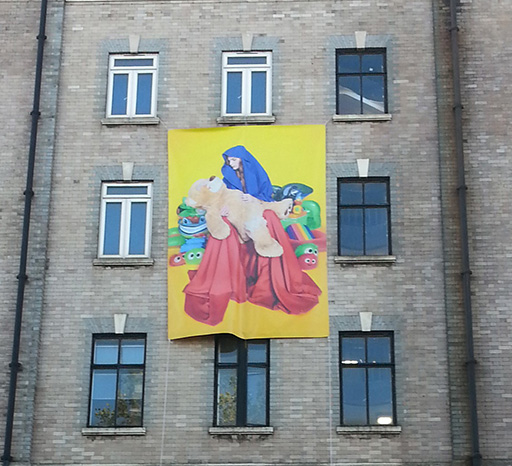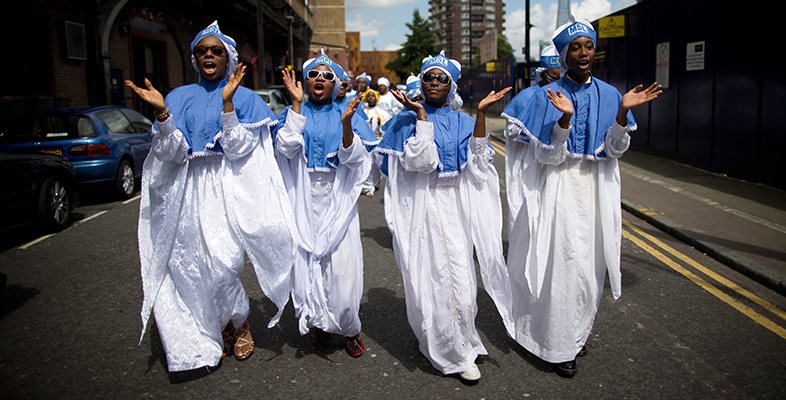1 What is religious studies?
Before we start exploring religion itself, let’s clarify the approach and aims of religious studies. Religious studies is not the study of a single religion or a search for religious ‘truth’. Religious studies uses a variety of ideas and methods to develop a better understanding of the diversity of human beliefs and practices, which may relate to the category ‘religion’. This includes religions like Christianity, Islam, Judaism and Hinduism, and many others.
But religious studies is also interested in the beliefs and ritual practices of indigenous peoples and popular mythologies, such as those expressed in the Star Wars films. Religious studies explores the boundaries between the secular and the religious, which are categories not always as bounded as they may appear. Religious studies is interested in how our ideas of being ‘secular’ developed. It seeks to understand the underlying assumptions and rituals that structure human behaviour. It looks at experiences that may be described as mystical or spiritual rather than religious. It is very much interested in exploring the diversity of religion ‘as it is lived’.

Before we continue with the course, take a moment to consider the following questions:
Activity 1
What does ‘religious literacy’ mean to you? Why might it be a valuable skill to have?
Jot down a few of your thoughts in this text box, then you will be able to reveal the discussion to find out more about religious literacy.
Discussion
There is no single definition of ‘religious literacy’. The term ‘religious literacy’ implies an appreciation the diversity of human religiosity. It also relates to having a set of tools to use when encountering others’ religion in everyday life. For some people, the idea of religious literacy is more related to the idea of understanding their own religious tradition better. However, in religious studies, we understand this idea much more broadly.
Religious literacy has been described as a ‘civic endeavour … aimed at enabling people of all faiths and none to engage with the increasing plurality of religion and belief encountered by everyone as a result of migration and globalisation’ (Dinham and Francis, 2015, p. 16).
It is the importance of religious literacy in this sense that we hope to promote with this course.
We hope that you will come away from this short course with a greater appreciation of the variety and vibrancy of religion in contemporary Britain. We also hope you’ll have a growing appreciation of the diversity within any religious tradition: no single tradition is homogenous.
Religious studies is an interdisciplinary subject. It draws particularly strongly on the disciplines of history, sociology and anthropology. Many of the skills developed – such as critical thinking, questioning common assumptions, and making evidence-based arguments – are also highly valued in employment and are useful in negotiating life more generally.
Religious studies develops ways of understanding and relating to others whose deeply held positions are very different from your own. These skills can help you establish and maintain a dialogue with those you encounter, in many different situations.
